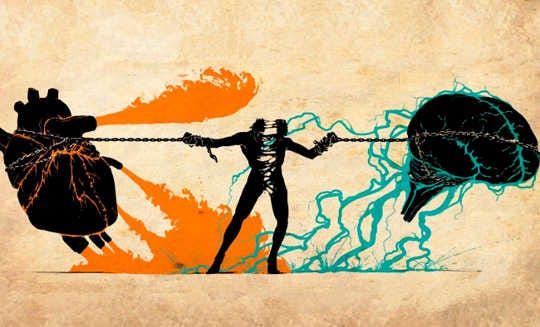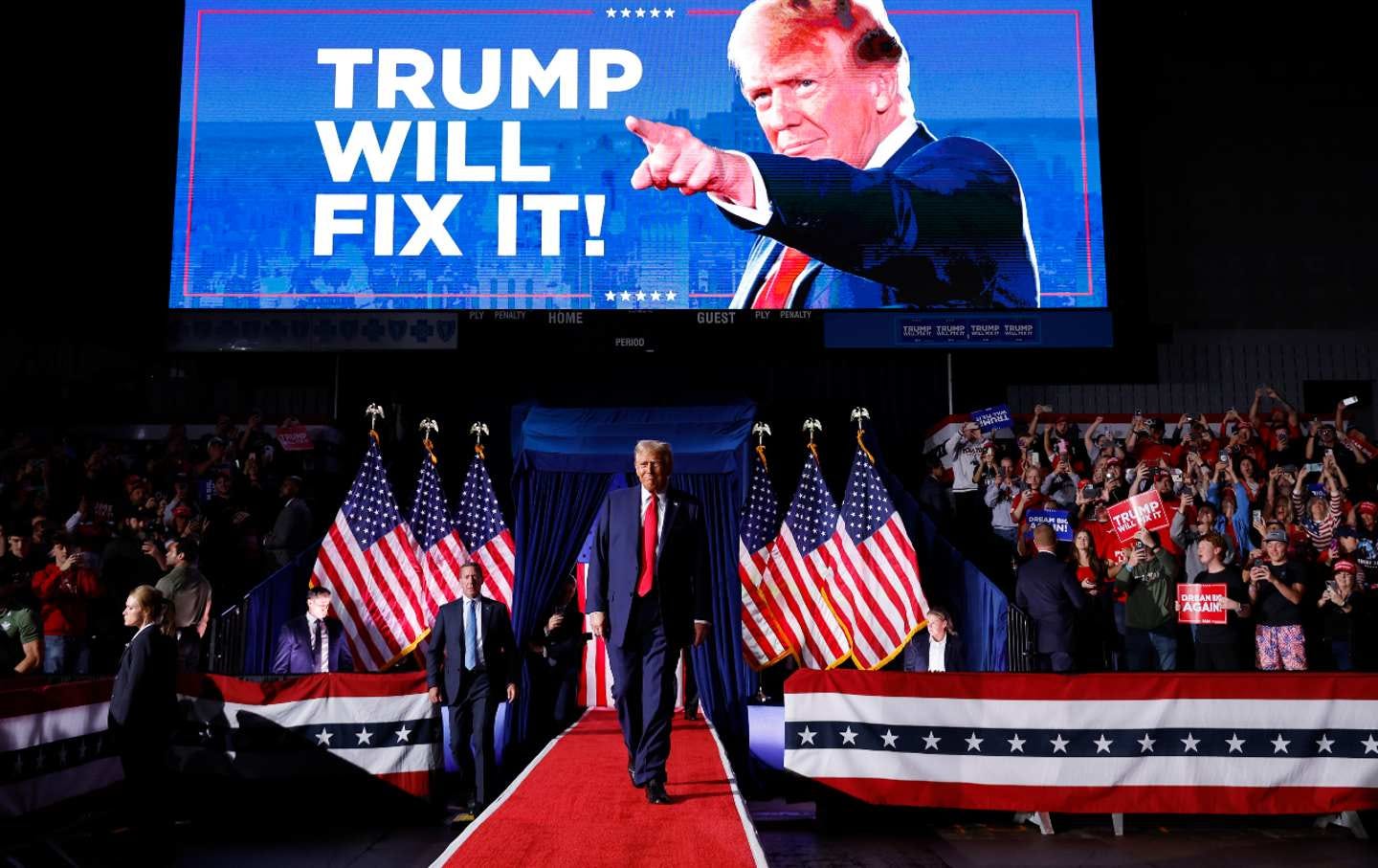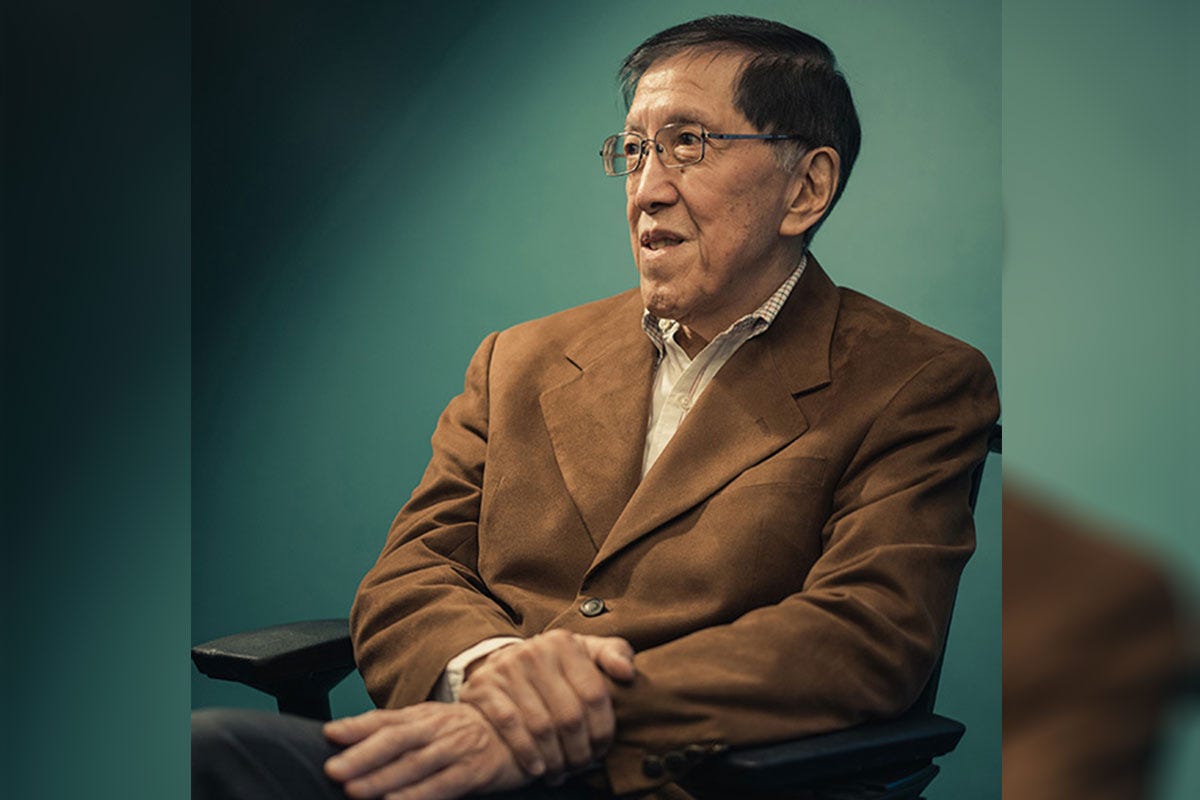Gutter level politics has a long history, but we seem to hit new lows daily
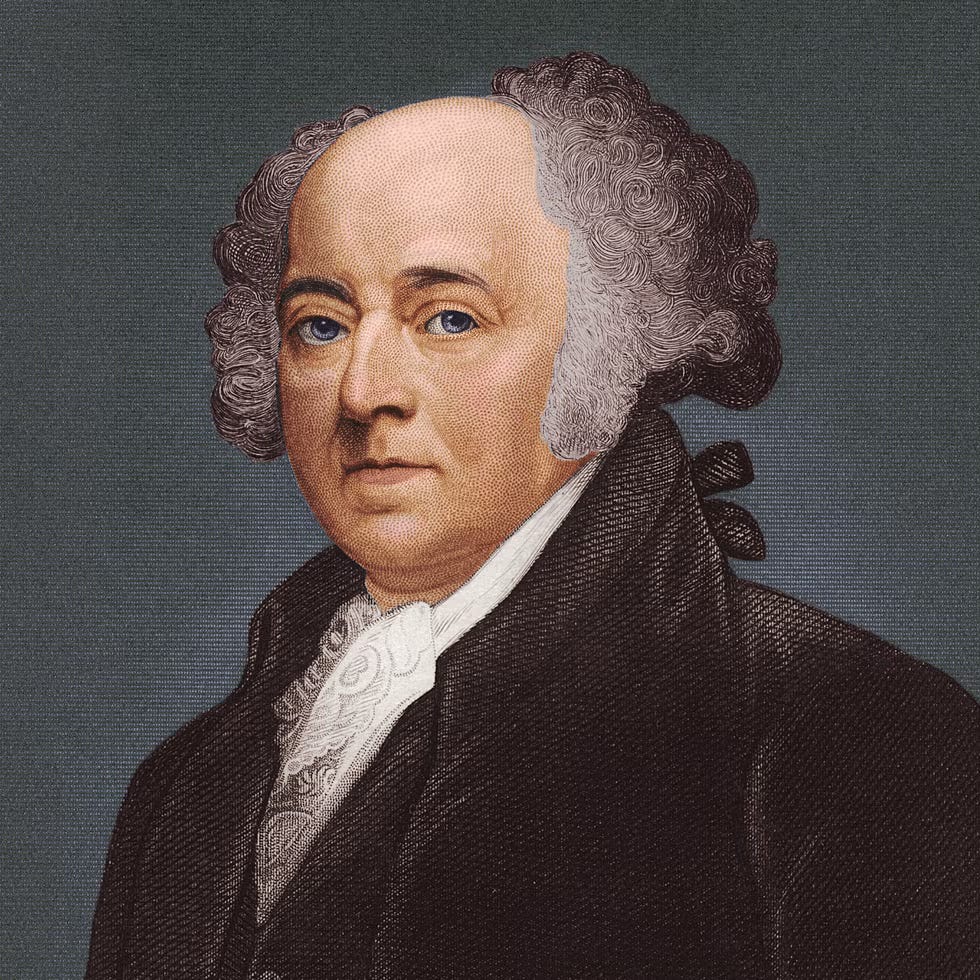
For much of early American history, politics at the highest levels was a bloodsport.
Just consider how our founding fathers spoke of one another. To John Adams, Alexander Hamilton was “a bastard brat of a Scotch peddler” and Thomas Jefferson had “a mind, soured… and eaten to a honeycomb with ambition, yet weak, confused, uninformed, and ignorant.” For his part, Jefferson saw Adams as a “hideous hermaphroditical character, which has neither the force and firmness of a man, nor the gentleness and sensibility of a woman.” And, as all fans of the musical know, Hamiton died after Aaron Burr shot him in a duel.
So, is it inconsistent for Gavin Newsom to troll Donald J. Trump by mimicking his tweeting style?
“DONALD IS FINISHED — HE IS NO LONGER ‘HOT,’” the California governor’s press office tweeted. “FIRST THE HANDS (SO TINY) AND NOW ME — GAVIN C. NEWSOM — HAVE TAKEN AWAY HIS ‘STEP.’ MANY ARE SAYING HE CAN’T EVEN DO THE ‘BIG STAIRS’ ON AIR FORCE ONE ANYMORE — USES THE LITTLE BABY STAIRS NOW.”
The governor, a likely 2028 presidential contender, is even hawking merchandise à la Trump. His red caps proclaim “NEWSOM WAS RIGHT ABOUT EVERYTHING!” And he mocks Trump’s bombastic self-promotion in an X post that says “MANY PEOPLE ARE SAYING THIS IS THE GREATEST MERCHANDISE EVER MADE.”
And is it in keeping for Maryland Gov. Wes Moore, another possible presidential candidate, to refer on X to Trump as “President Bone Spurs” who “will do anything to get out of walking” and to offer him a golf cart? As The Wall Street Journal reported, Trump had criticized Moore over “out of control, crime ridden, Baltimore” on Truth Social after Moore had invited the president to walk the streets. “I would much prefer that he clean up this Crime disaster before I go there,” Trump said, and floated the idea of sending the National Guard to the streets of Baltimore, as he has in Los Angeles and Washington, D.C.
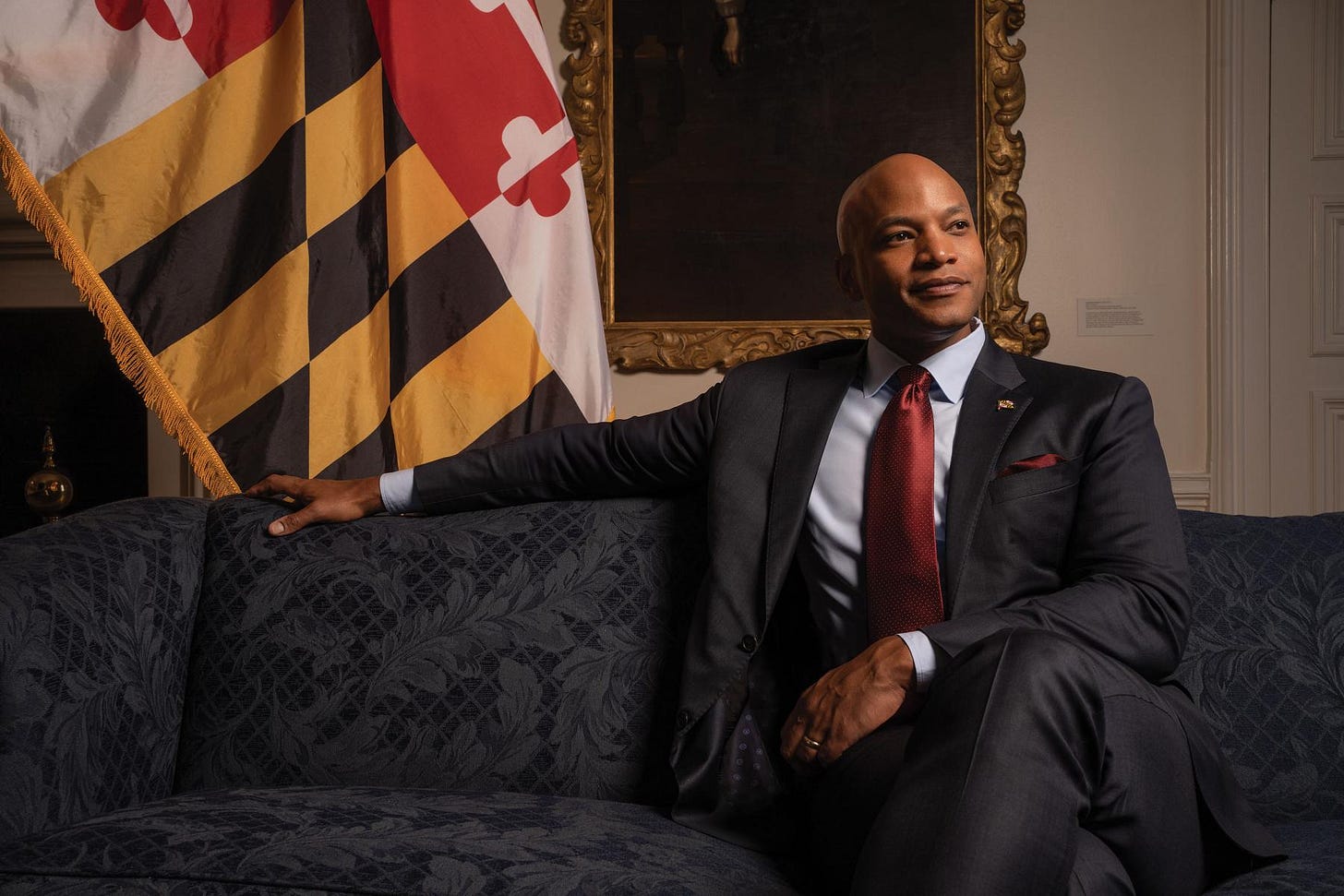
The bone spurs reference, of course, was to Trump dodging the draft during the Vietnam War by getting a doctor’s note about foot problems. For his part, Moore served as a captain in the U.S. Army and was deployed to Afghanistan, belatedly getting a Bronze Star.
And then there’s Illinois Gov. J.B. Pritzker’s jibe at the Democratic National Convention last year.
“Donald Trump thinks we should trust him on the economy because he claims to be very rich,” said Pritzker, an heir to the Hyatt Hotels fortune. “Take it from an actual billionaire, Trump is rich in only one thing: stupidity.” More recently, in response to Trump floating the idea of sending troops to Chicago, the governor said: “Donald Trump is attempting to manufacture a crisis, politicize Americans who serve in uniform, and continue abusing his power to distract from the pain he is causing working families.”
Of course, with his combative and bullying style, Trump years ago triggered the insultathon that American politics has become. Slinging the mud, however inartfully, works for him among his underschooled supporters, who often say he “tells it like it is,” unlike the polished politicians of most of the last decades.
It’s not clear when vulgarity and coarseness became synonymous with seeming truthfulness, but neither truth nor simple good manners are things Trump is well-acquainted with, of course. Some of his more juvenile nicknames for people who offend him include Allison Cooper (Anderson Cooper), Maggot Hagerman (Maggie Haberman), Tampon Tim (Tim Walz), Little Marco (Marco Rubio, his own Secretary of State) and, of course, Governor Newscum.
But does it need to be this way? Aside from winning splashy headlines, does it really help a potential president to imitate Trump’s buffoonery? Or would grace and class sell better to those in the electorate who find the schoolyard taunts and WWE-style crudeness tiresome and unworthy of anyone in – or prospectively in – the White House?
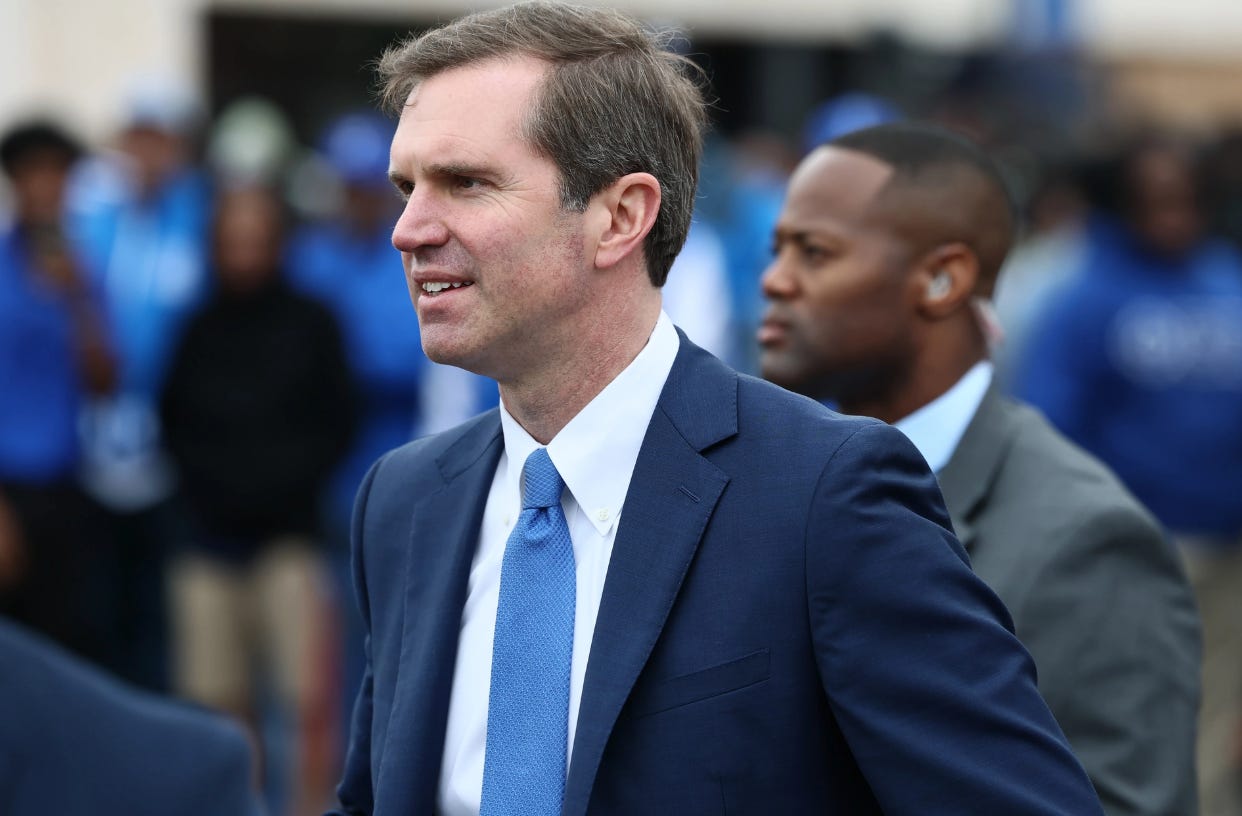
Consider Andy Beshear, another potential White House occupant. After spring storms clobbered much of Kentucky, Trump belatedly approved emergency aid for the state. Beshear, the state’s popular Democratic governor, was gracious about the president. When asked about a call he got from Trump, Beshear said he and Trump had “good, positive conversation that was only about emergency assistance,” adding that “he was nothing but polite, and positive, and I was nothing but polite and positive.”
Beshear, the son of a former Kentucky governor, was elected to the state’s highest office in 2019 and reelected in 2023. A former attorney general in the state, he is also a deacon in his Christian church, as is his wife. Beshear claims to strive “each day to live out the values of faith and public service,” though right-wing religious figures have attacked what one called Beshear’s “radically progressive political ideology,” mainly blasting the governor’s defense of LGBTQ rights. Beshear riled them with an executive order banning “conversion therapy” on minors.
Beshear in many respects is reminiscent of Bill Clinton, albeit with far better morals. Clinton governed a red state, Arkansas, espoused moderate positions that many in our center-right country could tolerate. Clinton also for the most part avoided gutter-level insults, preferring a gentle jab to a schoolyard slur. Clinton last year poked fun at Trump’s penchant for talking mostly about himself. “So the next time you hear him, don’t count the lies, count the I’s,” he said.
Compared to the way Trump and some Democratic presidential aspirants are talking, that’s mild stuff, little more than blunt observation of the facts. It’s akin to Pennsylvania Gov. Josh Shapiro, another possible presidential contender, calling Trump a “pathological liar” after a debate with President Biden that was, in fact, marked by falsehoods from Trump. Similarly, it was fair game for Shapiro to say that Trump was “obsessed with continuing to spew hate and division in our politics” after Trump called him “the highly overrated Jewish Governor,” a phrase calculated to whip up Trump’s antisemitic followers.
Of course, Trump’s baiting approach drives responses that, even when they are factually on target, seem like descents to his level.
As for Clinton’s stab at Trump’s egocentricity, the president has done little in office but prove how self-aggrandizing he is. A huge image of him now draping the Labor Department not only reflects his megalomania, but evokes the propagandistic self-adulation of the world’s worst despots, men who ruled countries such as North Korean, Romania, Iraq and, of course, Germany.
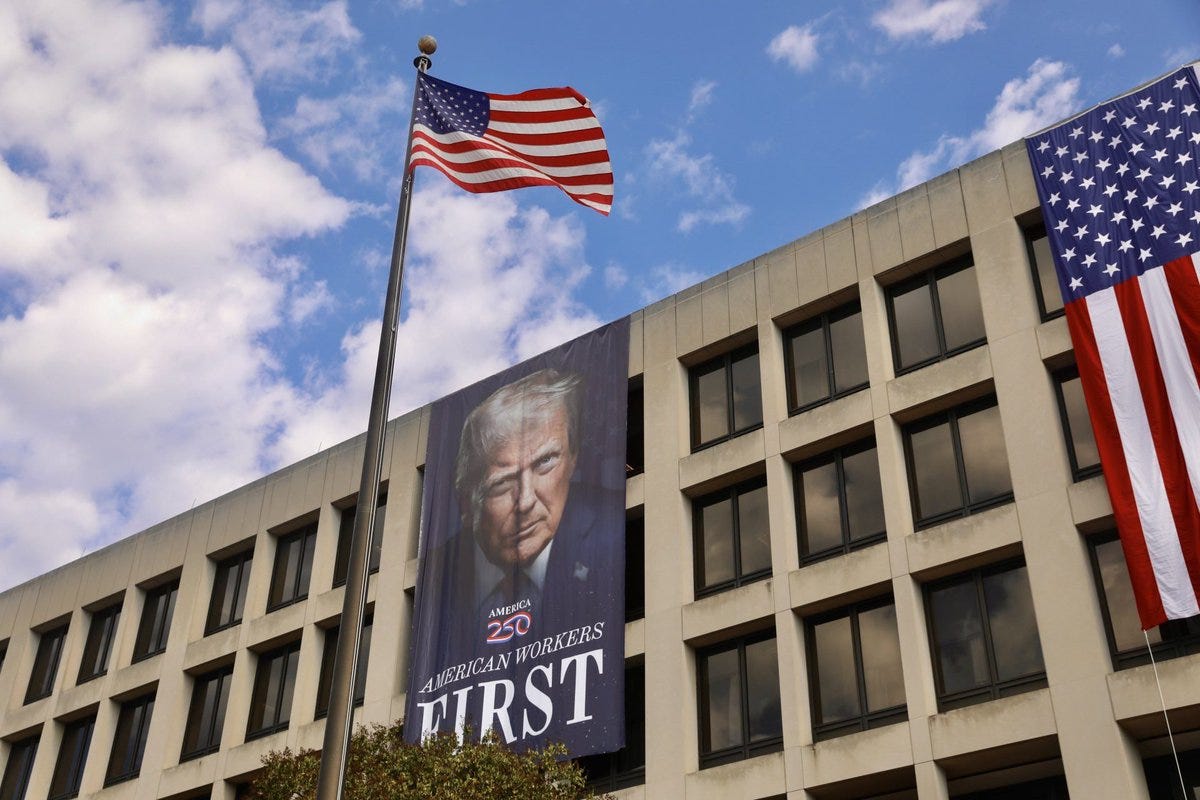
Can someone such as Beshear bring the Democratic Party and the nation back to some sense of civility? Some sense of personal modesty and integrity? Has that boat sailed forever, throwing us back to the days when national leaders vied for who could be more vicious?
“When they go low, we go high,” is how Michelle Obama put it in an address at the 2016 Democratic National Convention. Sadly, she took a sharper tack at last year’s convention, accusing Trump of “going small.” The former first lady said: “Going small is petty, it’s unhealthy, and, quite frankly, it’s unpresidential… It’s his same old con: doubling down on ugly, misogynistic, racist lies as a substitute for real ideas and solutions that will actually make people’s lives better.”
Still, it’s entirely proper to attack misogyny, racism and con artistry, along with the savagery Trump and his minions have brought to bear against immigrants. His conduct and that of his Justice Department and ICE against Kilmar Abrego Garcia, for instance, is despicable. So, too, must we condemn his dictatorial aspirations, as shown by his troop deployments in American cities, along with the sheer vindictiveness of his actions against critics. Consider the FBI raid on the home of John Bolton, a former Trump ally who has his old boss’s number all too well and often lays that out in TV appearances, infuriating the president.
“The real offender here is a President who seems to think he can use the powers of his office to run vendettas,” the often Trump-friendly editorialists at The Wall Street Journal said. “We said this was one of the risks of a second Trump term, and it’s turning out to be worse than we imagined.”
Lambasting loathsome policies in virile and sharp terms is different from calling someone “Crooked Joe” or “Sleepy Joe.” Or, as Trump labeled Bolton, calling someone “a lowlife” and a “sleazebag” — terms he applied to the Yale lawyer who served under Presidents Reagan and George H.W. Bush before becoming a once-trusted adviser in the first Trump White House. We need bold and sharp criticisms of what Trump does, as well as smart insights into his character or lack of it.
But how much longer will all this ugliness last? Will it end in 2029? Or has Trump so polluted the atmosphere that it will take a generation to clear the foul air? Can a Beshear or someone like him win against Trumpist toadies such as JD Vance by going high? In time, we’ll find out.

